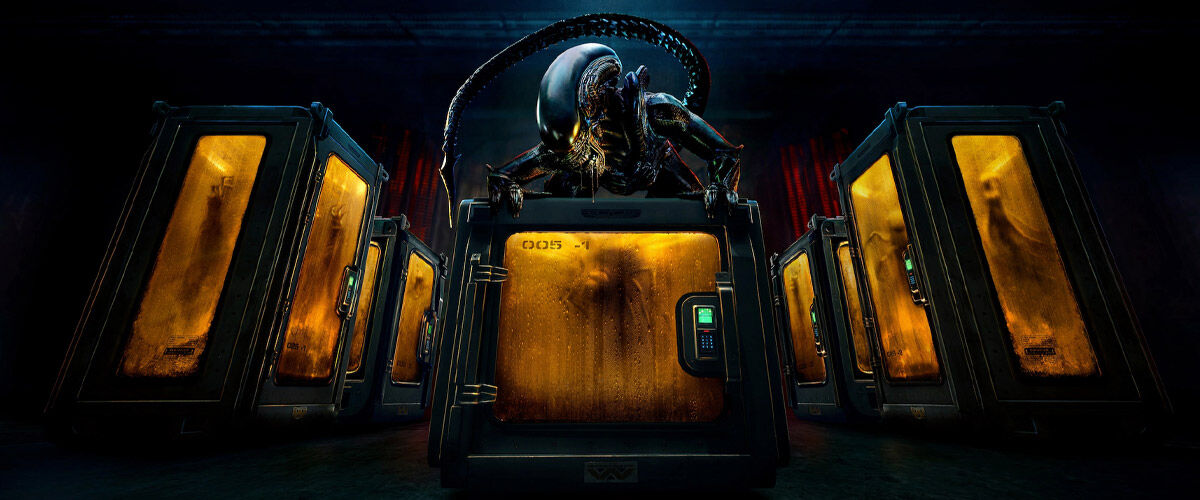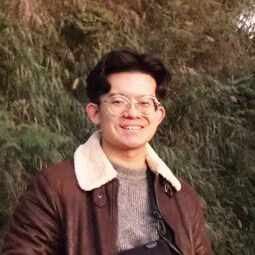In space, no one can hear you scream, but on Earth, the question isn’t about hearing a scream – it’s figuring out: who does the screaming?
While the bulk of movies in the Alien franchise has been about humanity exploring the galaxy and coming across the alien xenomorphs, whether it’s in the original Ridley Scott classic, Alien (1979) or James Cameron directed sequel, Aliens (1986), the prequels by Scott, Prometheus (2012) and Alien: Covenant (2017) or recent spin-off, Alien: Romulus (2024), the upcoming television series, Alien: Earth, reverses the premise and brings the action back to Terra, through events set two years before those in the first film.
And while the show’s premise seems to mess with canon, by bringing the alien xenomorphs to the attention of mankind before the events of the original film, there are still unexplored chapters to that story, points out executive producer, David W. Zucker (The Good Wife, The Man In The High Castle).
“We’ve seen so many different versions in the films of living in these sorts of claustrophobic spaceships or in some kind of prison. I mean, we’ve seen sort of the horror of being trapped in those kinds of environments, by literally landing on Earth,’ Zucker says in an exclusive interview with Geek Culture.
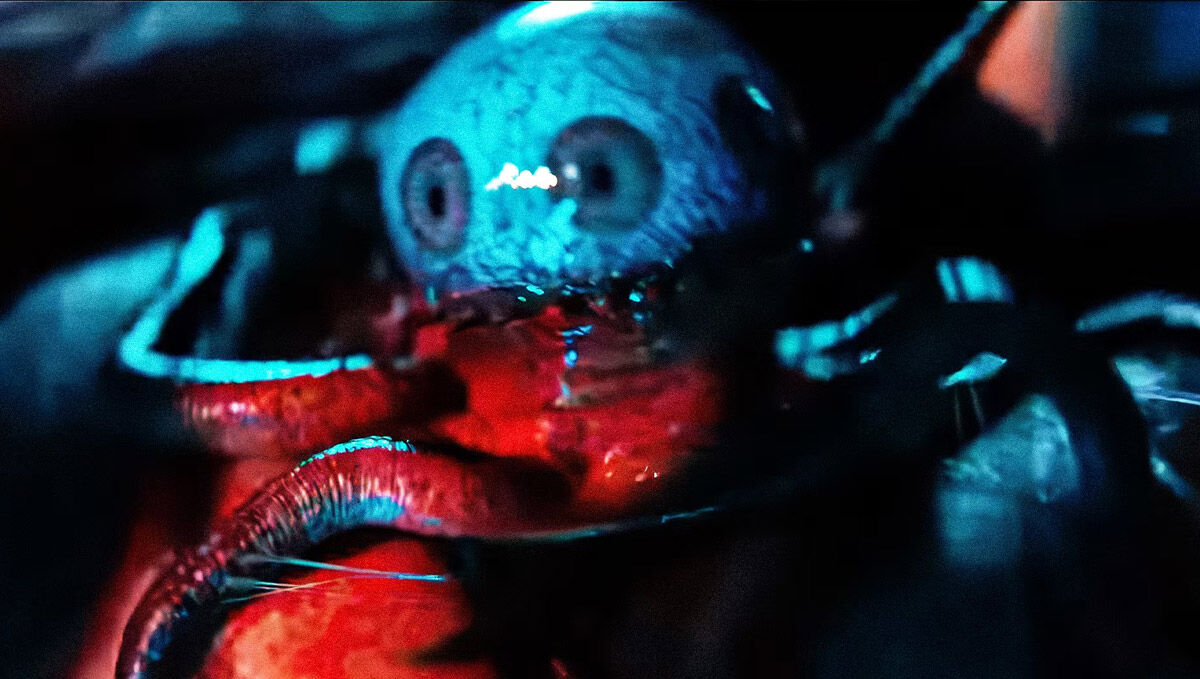
“We’re putting the xenomorph in an entirely different ecosystem than it’s existed in before. But it is also sort of widening our lens so that we’re getting our first exposure to, well, ‘What is humanity in 2120?’.”
The new, eight-episode FX/Disney+ series explores what happens when mysterious deep space research vessel USCSS Maginot crash-lands on Earth, and comes to the attention of hybrid synthetic Wendy (Sydney Chandler, Don’t Worry Darling), who is created by Boy Kavalier (Samuel Blenkin, Harry Potter and the Cursed Child), the human CEO of Prodigy Corporation, and her synthetic mentor Kirsh (Timothy Olyphant, Justified).
And if you’re only aware of the likes of evil corporation Weyland-Yutani, surprise! Alien: Earth is filled with tech bros and their corporate empires, and this future of Earth isn’t pretty, says Zucker.
“What are the relationships amongst these corporations? Who are really subjugating the human population, utilising it for their own ambitions? [We’re] taking the corporations that really had no identity, they were somewhat faceless in the original films, and now we’re seeing sort of our modern version of that, where you actually have in here, Boy Kavalier, and you have Yutani, where we’re seeing who these individuals are, they’re face forward now.”
But in case you’re worried about where the series will bring audiences, it’s in the good hands of series creator Noah Hawley, known for his acclaimed work on Fargo (2014-2024), and executive produced by Scott, and has close links to the first movie. So what about the subsequent films (and ignoring the crossover films with the Predator franchise)? In the lead-up to production, Hawley established that his series will be linked more with the style and mythology of the original, rather than any of Scott’s prequels.
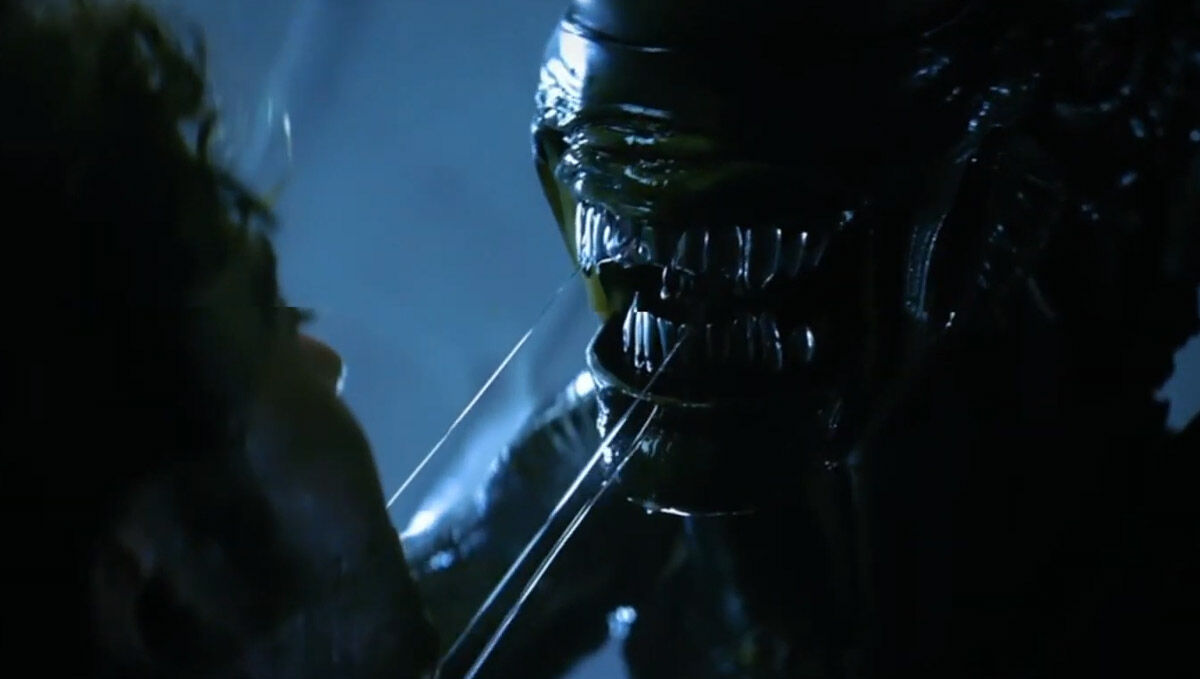
According to Zucker, this was an intentional decision by Hawley, who decided that “he was going to use the original Alien as his entry point and departure point” for the series. In a preview of the first episode, the opening sequence is reminiscent of the original film, in how it leaps right into the heart of a space vessel amidst a crew who is mid-voyage. Maintaining the same tone and organic approach as the original Alien, with no spoonfeeding of information and audiences discovering more about the setting and the crew as they proceed with the narrative, the episode leaps into the thick of the action as problems quickly unfold. The result is a fast-paced and compelling story, packed with flashing visual imagery that adds to the tension and suspense of the episode, seamlessly blending old and new filmmaking techniques.
“You see in the in the first episode, that’s represented visually by our ship, which looks very, very close to the Nostromo, albeit, this is a science ship, but you can see that we are delving into a world that’s immediately recognizable, and one that hopefully assures the authentic ambition that we have for the series, but the chance to then venture into entirely new narrative space is really the benefit of what long form television gives us,” says Zucker.
This is reflected in the first episode as well, where viewers can now put a smugly narcissistic face to the previously anonymous entities of the corporations. Blenkin offers a strong portrayal of Boy Kavalier, who is aptly named, with an appropriate childlike fascination in the unknown and disinterest in consequences. His desire for godlike control over life, rampant experimentation and scientific progress at all costs is but a mere facet of the darker side of human nature.
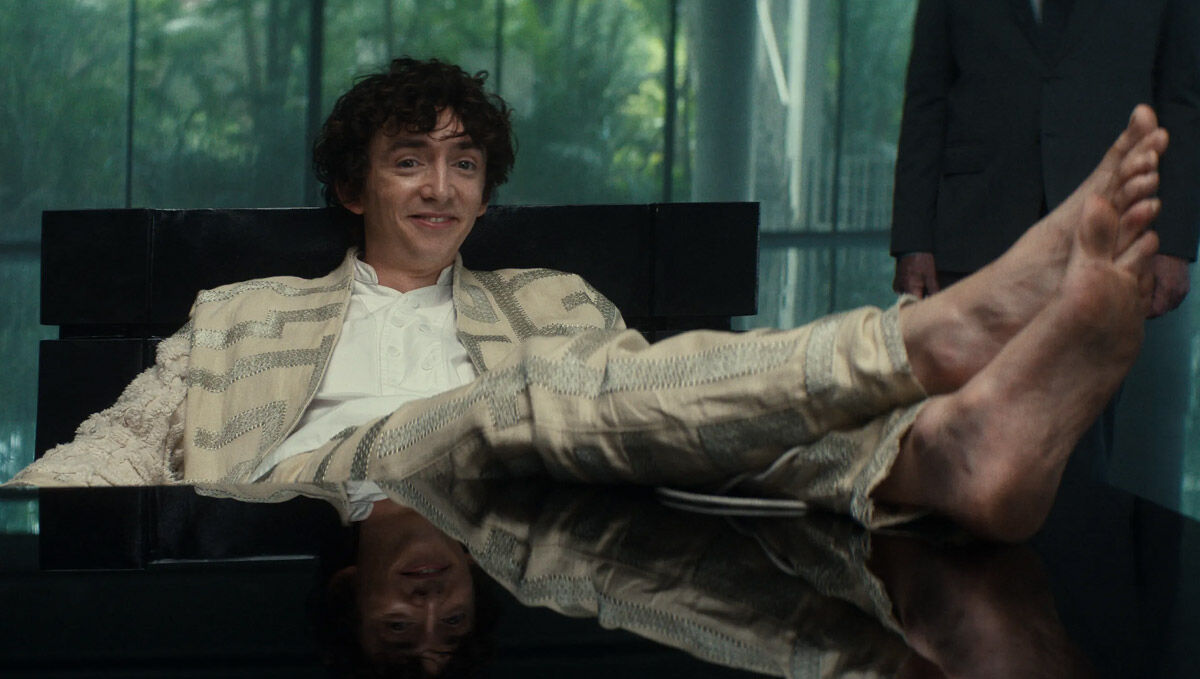
“The movies are really survival stories. This one can extend well beyond that. And so Noah’s not only introduced his version of a synth character, and we have a cyborg character, but then our central character in Wendy is this first-time formulation of a hybrid figure that really is demonstrative of now these five corporations as he’s extended beyond Wayland Yutani.”
Together with her fellow hybrids, Slightly (Adarsh Gourav, The White Tiger), Tootles (Kit Young, The School for Good and Evil), Smee (Jonathan Ajayi, Noughts + Crosses), Curly, (Erana James, The Wilds), and Nibs (Lily Newmark, Sex Education), Wendy will meet up with a ragtag group of tactical soldiers and make a fateful discovery on the ship that puts them face-to-face with the planet’s greatest threat. And as seen in the trailers for the series, there could be more than one threat.
Beyond just the exploration of the ugliness of humanity embodied by the corporations and their greed and manipulation, the positive aspects of humanity will also be examined in this series.
And no one is perhaps more suitable for this dive into the brighter parts of humanity than Chandler’s Wendy. With the alien presence throughout the series, it also aptly centres on Wendy, not only because she is the first “formulation of a hybrid figure”, but because she epitomises the “exploration of humanity and its potential future”, even under the deceitful manipulation of Kavalier.
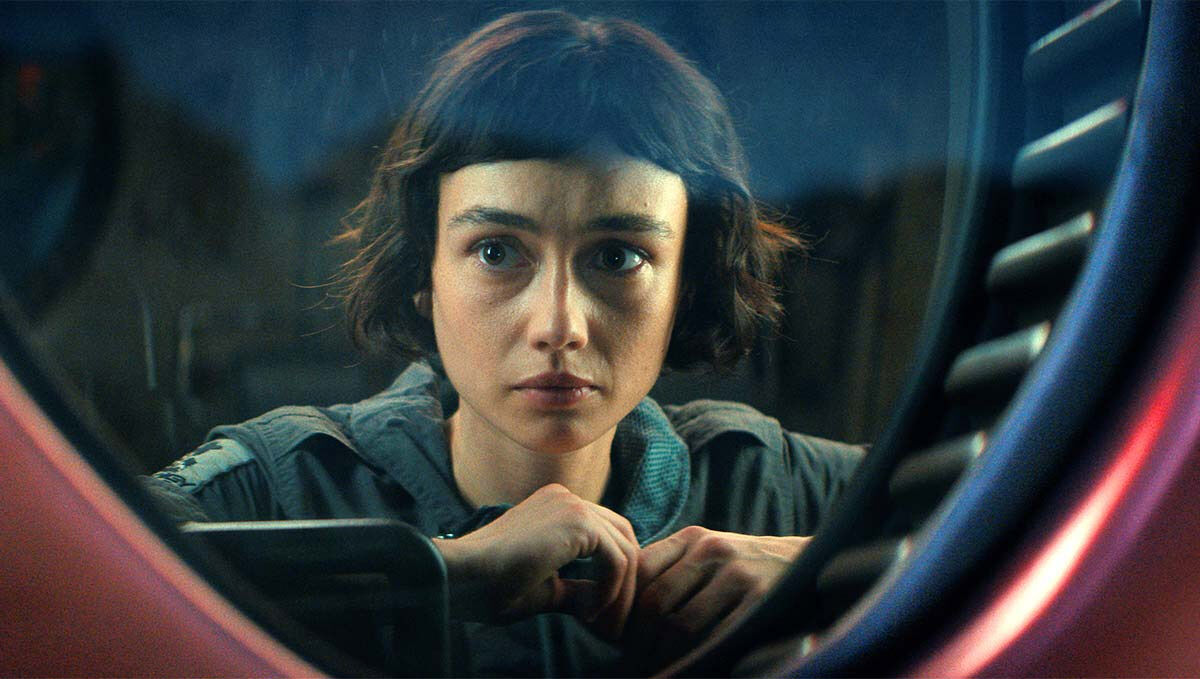
Illustrating Zucker’s point, Chandler excels at depicting the impish precociousness of a child, exploring the world for the first time, while discovering a powerful body that still remains beyond her comprehension. Armed with her new abilities and an innocent naivete that she can change the world, Chandler’s Wendy embarks on her own quest in the first episode, seemingly oblivious to how she’s being used by Boy Kavalier for his own ambitions.
Zucker points out the uniqueness and cleverness of Noah as a storyteller to inspect the human condition and the decay of humanity by “taking the uncorrupted mind of a child [and] putting that into a hybrid.” As viewers journey with Wendy and witness her interactions with the other synth, cyborg and human characters, they will see how mankind has devolved as well, to become almost as lethal as the aliens.
“In some ways, it seems the most dangerous characters are the human characters? I mean, where are the adults in this world to say, ‘Well, is she human? Is she other?’ But where is the identification with humanity when she sees what they are actually doing to the species itself?
Ultimately, the conundrum that Wendy will eventually face is best summed up by her inevitable question from the trailer, “If I’m not human, what am I?”
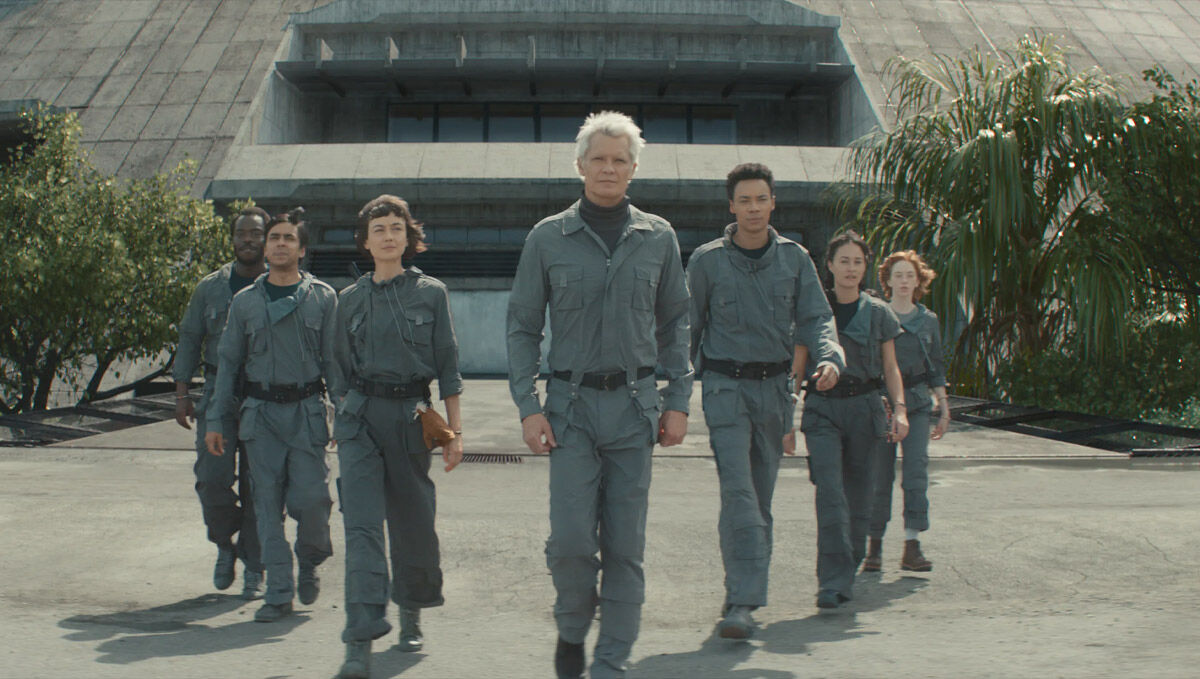
And speaking of trailer, fans have gone through it with a fine-toothed comb, and the hardcore ones have determined, with their own rationalisation, that they can hear a familiar clicking zone on the crashed ship, that aside from the xenomorph, the ship also contains the Yautja, an extraterrestrial species better known to audiences as the Predators.
And if so, it wouldn’t be the first time both franchises have had a crossover. In fact, in the upcoming Predator: Badlands, the character Thia is a synthetic created by Weyland-Yutani, so a shared universe is already assured.
But it doesn’t mean Alien: Earth wants to dabble in that sandbox.
“There really isn’t an ambition to integrate those two sides. The feature (film) world, be it Alien, Predator or what they may do post (Alien:) Romulus is really existing, obviously, concurrently with Alien Earth, but Noah is very much telling his own story,” explains Zucker, likely to the disappointment of fans.
“So while there is some contact and communication with Fede (Álvarez, director of Alien: Romulus) and with Dan (Trachtenberg, director of Predator: Badlands) and some of the others who are working on the film side, we want to make sure we’re not sort of replicating anything, but they are telling their story. Noah is very much telling his story, and there’s so much mythology that Noah is really able to craft that which doesn’t exist in this universe. So I’d say they are really living in very different orbits.”
Alien: Earth will premiere with the first two episodes on Disney+ on 13 August 2025. Subsequent episodes for the eight-episode season will be released weekly.
Conversation with Ting Wei is like chatting with a weird AI bot programmed only with One Piece lore and theories, sitcom quotes and other miscellaneous pop culture references. When he’s not sleeping, he’s highly likely reading manga. In fact, the only thing he reads more than manga is the Bible, and it’s honestly pretty close.

